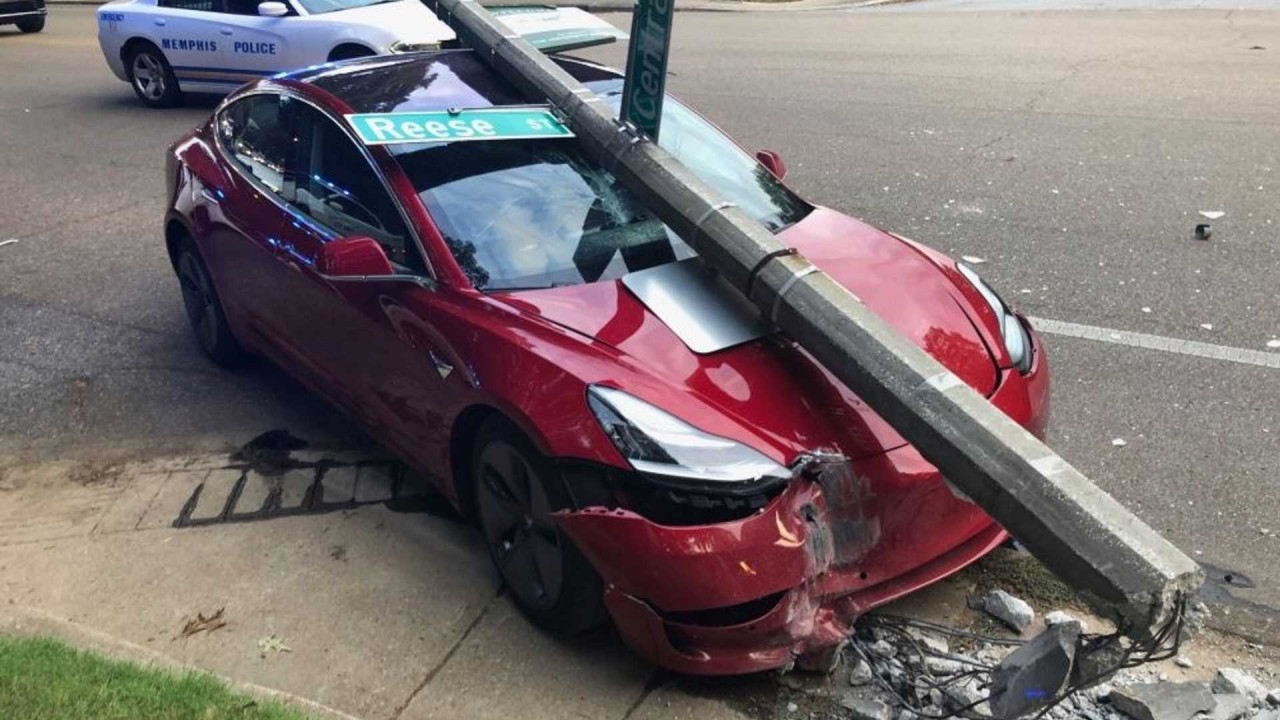Recent Posts
 December 07, 2020
December 07, 2020
 0
Comments
0
Comments

Last week I wrote about how my accident spurred me to become a legal tech founder. This week I want to write about a particularly interesting phenomenon I found going on in the Lemon Law and car world at large.
Why is Tesla Mislabelling Warranty Repairs?
Earlier this year, a story went viral when one Tesla owner, Sergio Rodriguez, brought his vehicle in to repair his defective windshield. Originally, the Tesla dealership had categorized the repair as covered under the vehicle’s “basic repair warranty,” however when he got the final invoice the repair was marked as “Goodwill service.” Perplexed, Rodriguez went to the internet to figure out why the change. Apparently, Tesla was systematically categorizing repairs that should be covered under warranty as “Goodwill repairs.”
Originally, Rodriguez hypothesized that Tesla was labeling these repairs under “Goodwill” as instead of warranty to avoid California’s Lemon Law. This way, he rationalized, Tesla could avert having to report these cars as Lemons, which would require its dealers to buy the cars back. While an interesting theory, it is probably incorrect.
Under Cal Civ Code § 1793.22, a new motor vehicle will be presumed to be a Lemon if within 18 months of the vehicle or 18,000 miles(which ever comes first) and the vehicle has one of following issues: 1. Conformity related to a critical safety component and the same component has been repaired two or more times; 2. The same non-conformity has been repaired four or more times; 3. The vehicle has spent more 30 day in the shop (subject to some exceptions).
There is no mention of a vehicle warranty nor of vehicle manufacturer categorization of repairs. The law is written such that if a vehicle does not conform to basic merchantability, the manufacturer must rectify that non-conformity. After several required fixes of the same component (twice or more for critical components and four or more times for non-critical components), the vehicle is considered a lemon. Under such circumstances, the manufacturer must buy back the old vehicle or replace it. In short, there is no discussion or requirement that the repair be a warranty repair. In fact, even if Tesla labeled its repairs as “Goodwill” it would not matter for California Lemon Laws, since the law makes no distinction between “goodwill” and “warranty repairs.” Hence, as noted Lemon Law attorney Steve Lehto points out: It is highly unlikely that Tesla categorizes these repairs as “Goodwill” to avoid the Lemon Law.
Still, Mr. Rodriquez’s question remains: why is Tesla avoiding labeling its repairs under warranty?
More likely, the truth probably stems from an accounting perspective—not Lemon Law evasion. When a car manufacturer sells a vehicle, it has to book a warranty reserve (the expected maintenance cost over the lifetime of the vehicle) as a cost of sale upon, which the car marked as a COG on the balance sheet. This number is essentially a guess based historical data. If a car manufacturer exceeds its estimated warranty reserve, then the manufacturer must adjust it COGs upward to reflect the need for ongoing repairs.
In contrast, “Goodwill repairs” are not considered COGs and are thus marked as “SG&A” on a balance sheet. By avoiding marking repairs as “warranty repairs” Tesla can keep its cost of revenues. However, by moving extra repairs to “SG&A,” the manufacturer can artificially keep its gross margin on its vehicle sales.
For example, if a manufacturer creates a $1000 warranty reserve for five years over the life of a vehicle yet incurs two $500 dollar repairs in Y1 and Y2, the warranty still has three years left. Moreover, the manufacturer has to increase its warranty reserve therefore decreasing its “gross margins.” If, however the manufacturer categorizes these repairs as “Goodwill” then the repairs will not be recorded as COGs, increasing gross margins.
There is ample evidence that Tesla is following this exact strategy. Reports from the Ohio Attorney’s General and numerous Lemon Law claims clearly show Tesla recording warranty repairs as “Goodwill.” For more detailed evidence see here.
Conclusion: It’s Probably “Creative Accounting.”
Ultimately, Tesla’s seemingly deliberate misclassification of repairs appears to be part of a concerted strategy to misrepresent the company’s standing in its financials rather than an effort to avoid Lemon Laws. Nonetheless, the plethora of car related repairs represents a serious problem with Tesla vehicles. Indeed, if the sheer volume of problems continue, Tesla is likely to face significant expenses related to Lemon Law restitution.


 by
by